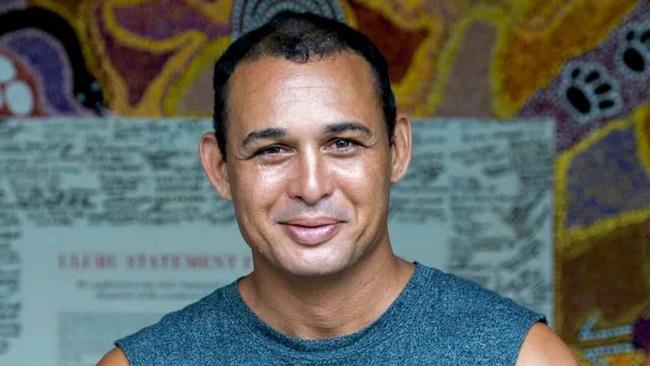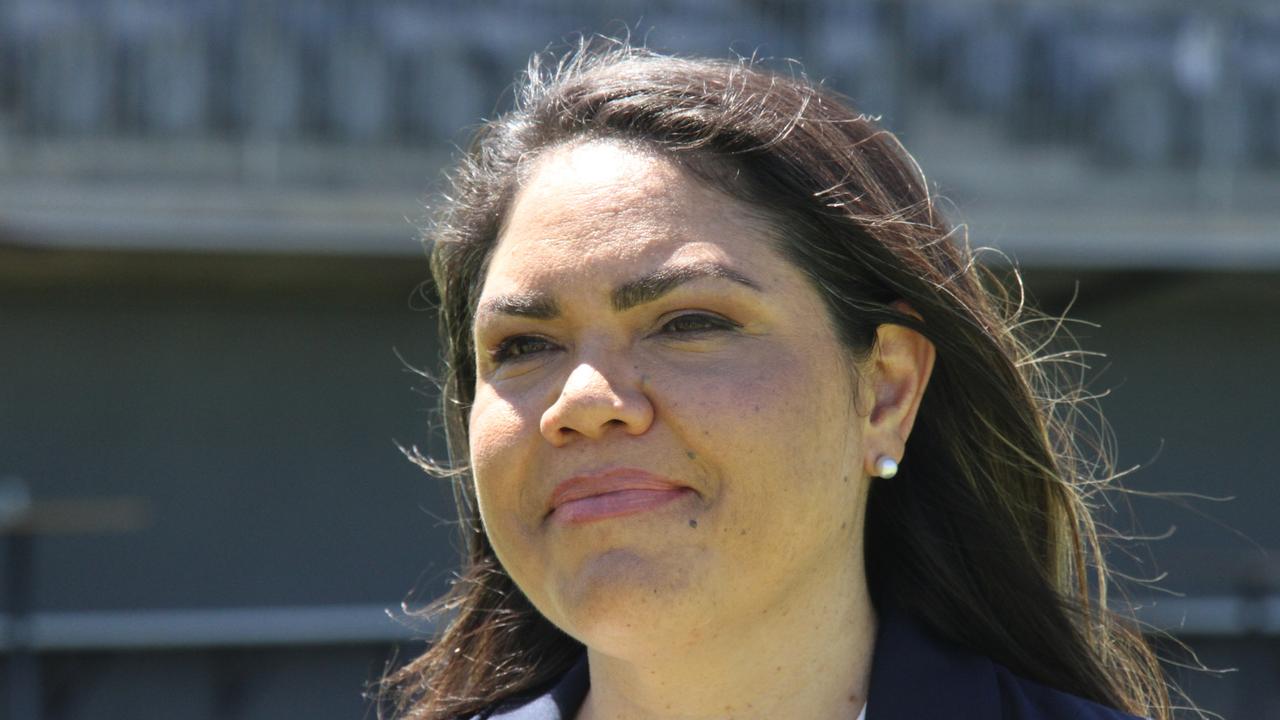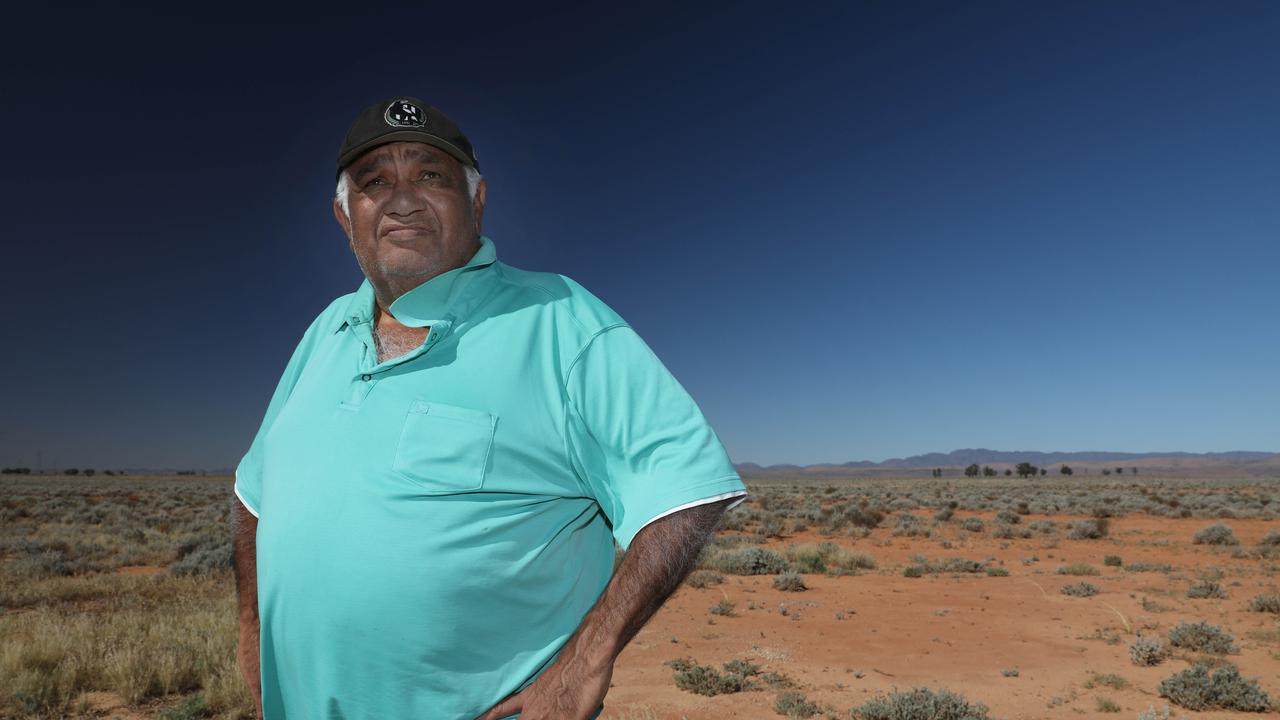‘Joint support ideal but we don’t need Peter Dutton for voice’, says Thomas Mayor
A referendum enshrining an Indigenous voice to parliament would pass without Peter Dutton’s support, but bipartisanship would be ‘ideal’, says Thomas Mayor.

A referendum enshrining an Indigenous voice to parliament would pass without Peter Dutton’s support, but bipartisanship would be “ideal”, says Uluru statement signatory and leading voice campaigner Thomas Mayor.
Mr Mayor, a Darwin-based Torres Strait Islander and Indigenous author, is due to meet incoming Indigenous Australians minister Linda Burney and will urge her to commit to a date for a referendum, as soon as May 2023.
While urging the Opposition Leader to “accept the hand” extended to him by Indigenous leaders and Labor to develop a bipartisan approach, he was confident a referendum would pass without Coalition support.
“It would be ideal to have bipartisanship – the hand has already been offered by Linda Burney to the Coalition, to Peter Dutton, to walk together on this,” Mr Mayor told The Australian.
“It is something that is truly nation-building and practical. I note that Dutton talked about caring about Aboriginal children.
“All of the policies and legislative changes made by government have great effect on the wellbeing of our people and our children, and so I hope he accepts the hand … to walk together in bipartisanship on this.”
However, ahead of a week-long trip to Tasmania for National Reconciliation Week breakfasts to win support for the voice, Mr Mayor said he did not believe bipartisan support for a referendum was essential.
“The hand (of bipartisanship) will not be out forever and I believe, and I think the government believes, that we can win this without bipartisanship,” he said.
“Peter Dutton has admitted it was a mistake to walk out on the apology (to the Stolen Generations) and now has a decision to make on whether he’ll be on the right side of history this time.”
Mr Mayor, an official with the Maritime Union of Australia, was one of 250 signatories to the 2017 Uluru Statement from the Heart.
He has travelled the nation since, encouraging support for its implementation, and said he believed once Australians understood the voice, they would support it. “It is an advisory body – it’s never been a third chamber to parliament,” he said. It would compel government to listen to Indigenous people but not bind it.
“There is strength in the ability … as Aboriginal and Torres Strait Islander people, to be heard in the centre of decision-making in Canberra,” he said.
There was already some “meat on the bones” of what the voice would look like, with a report by Indigenous professors Marcia Langton and Tom Calma in 2021 suggesting a national voice of fewer than 20 members. These could be drawn from 25 to 35 local and regional voices, chosen in different ways according to local wishes, or directly elected.




To join the conversation, please log in. Don't have an account? Register
Join the conversation, you are commenting as Logout